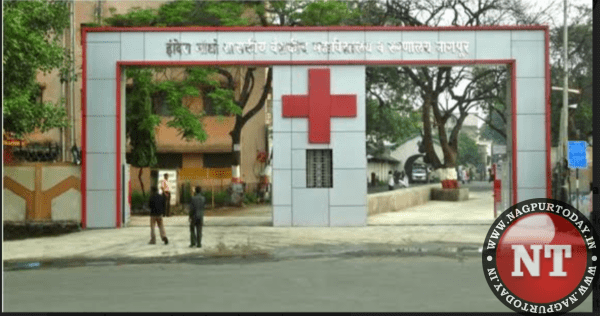Nagpur: The Indira Gandhi Government Medical College (IGGMCH), also known as Mayo Hospital, is again in the headlines of course for wrong reasons. According to a report, patients are being asked to purchase crucial lifesaving drugs from outside and private labs are collecting blood samples from inside the government hospital’s wards.
Patients are also alleging that basic consumables like bandages have to be purchased by them. In a recent case, a 9-year-old monkey-bite victim’s father had to pay around Rs 7,000 to meet the treatment expenses at Mayo Hospital. On top of that, the family was asked to procure three more injections during the surgery.
On Saturday, the boy was rushed to IGGMCH from Kamptee after a monkey mauled his ankle. His father, who works as a labourer, was shocked when the doctor in charge asked him to bring anti-rabies serum (injection) costing over Rs 2,000 from outside. As surgery was needed, the doctors also prescribed some blood tests.
According to a relative of the patient, a private lab employee collected blood samples inside the IGGMCH ward, and the family was asked to purchase all medicines and consumables. The relatives of the patient were outraged and approached Nagpur District Congress Minority Cell President Wasim Khan, who questioned officials on the issue. Khan criticized the hospital and called for free drugs and basic tests to be available at government hospitals.
According to the report, the IGGMCH Dean Dr Sanjay Bijwe denied that blood tests were referred to private labs, but Khan claimed that Mayo doctors were asking patients to approach private labs for basic tests. Bijwe acknowledged that the anti-rabies vaccine and serum were in short supply, but he stated that they were trying to borrow them from other hospitals and that a procurement order had been placed. He also said that some senior doctors were not available, which caused the surgery to be performed on Sunday.
This controversy comes after a doctor-pharmacist nexus was uncovered two months ago and raises questions about the availability and quality of healthcare in government hospitals. Patients and their families should not have to bear the burden of purchasing medicines and consumables or seeking private labs for basic tests in a government hospital. The government must take swift action to ensure that necessary drugs, consumables, and tests are available for free to all patients in government hospitals.

















